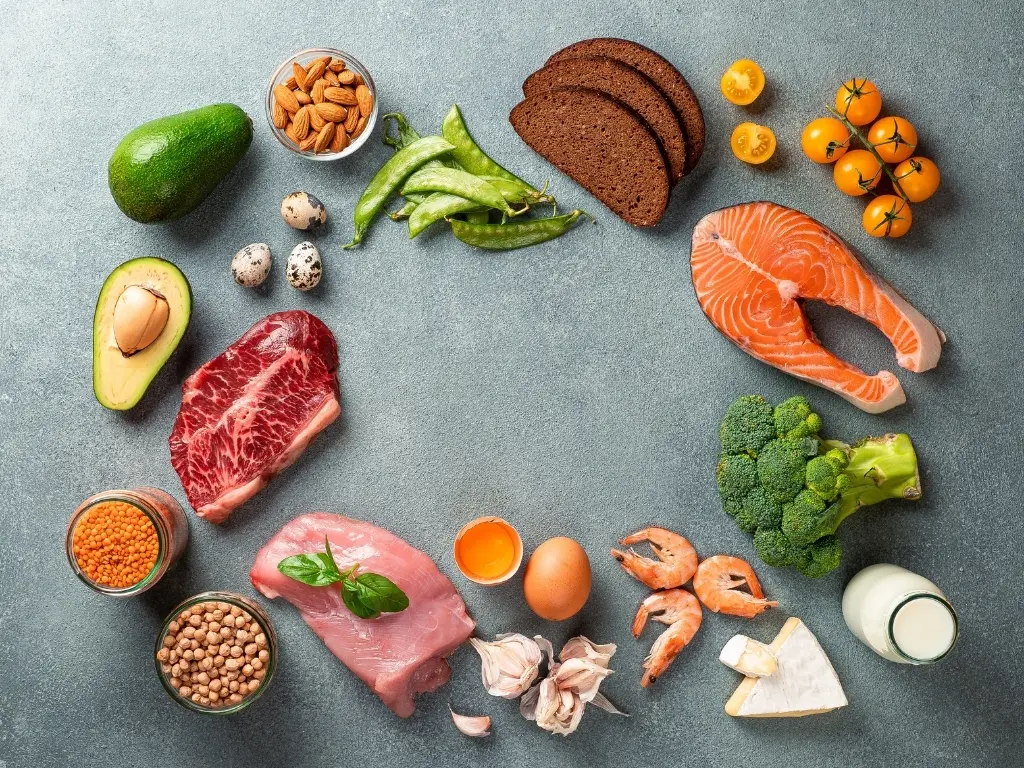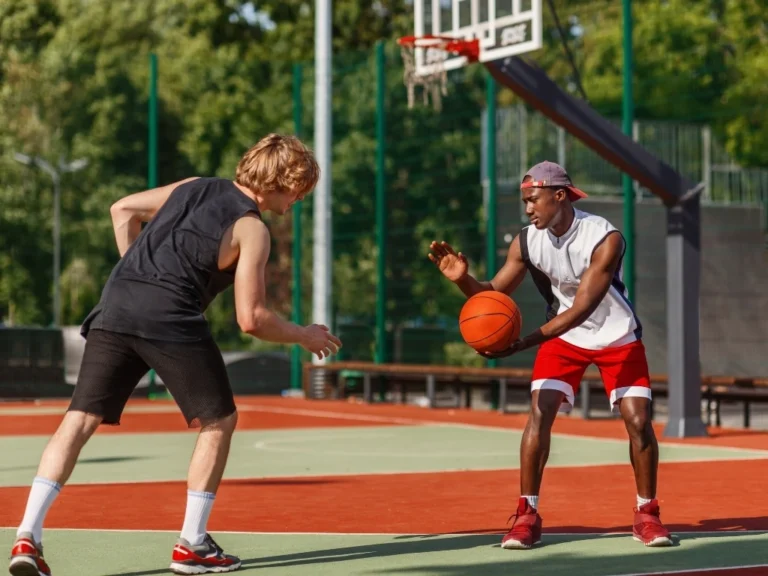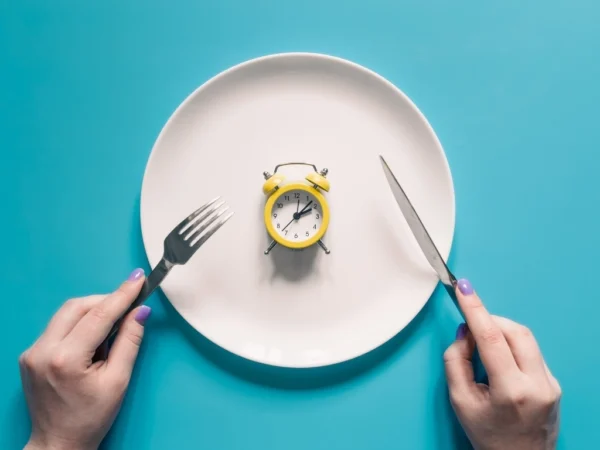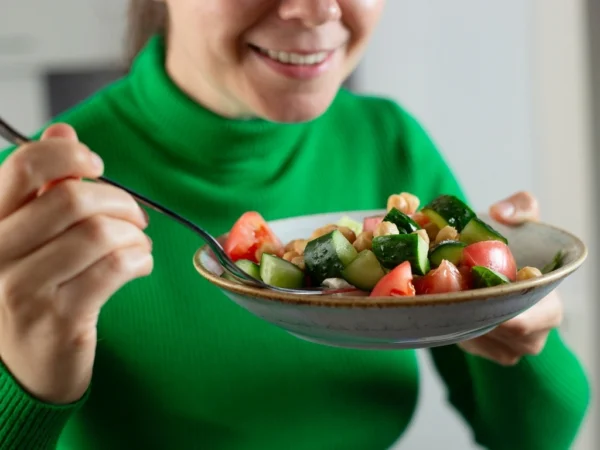Basketball asks a lot from your body — speed, endurance, quick reactions, and the strength to keep going even when you’re tired. Choosing the best food for basketball players means more than just grabbing a quick snack. It’s about giving yourself steady energy, faster recovery, and sharper focus when it matters most. The right meals and snacks provide the fuel to push through a full game, support muscle repair after tough practices, and keep your mind clear under pressure.
Research shows that athletes who follow a consistent fueling plan perform better and recover faster than those who eat without much structure. Because basketball mixes constant movement with short, explosive bursts, paying attention to nutrition is one of the most reliable ways to support your body and play at your full potential.

Why nutrition matters in basketball
Basketball is unique compared to many other sports because it blends endurance with sudden, high-intensity bursts. One moment you’re jogging up the court, the next you’re sprinting, jumping, or making a quick defensive slide. That mix places heavy demands on your muscles and energy systems, which is why nutrition plays such a central role. A balanced basketball nutrition plan helps replace glycogen stores, repair muscle tissue, and regulate hydration — all of which directly impact how you feel and perform.
Beyond the physical side, the foods you choose influence focus, coordination, and even mood. When blood sugar dips, reaction times slow, and decision-making suffers, which can affect your confidence on the court. Proper fueling not only supports today’s practice or game but also builds resilience over time, keeping joints, bones, and muscles healthier for the long run. With thoughtful nutrition, players give themselves the best chance to perform consistently, recover fully, and stay ready for whatever the game demands.
Best foods for basketball players
Finding the best food for basketball players starts with balance. Each type of food plays an important role — some provide quick energy for fast breaks, others help muscles recover after training, and many support long-term strength and health. When these foods come together in a simple diet plan for basketball players, they create a steady routine that fuels energy, sharpens focus, and makes recovery feel easier game after game.
Complex Carbohydrates
- Benefits: Carbs are the body’s main energy source. Whole grains and starchy vegetables help stabilize energy levels throughout the game.
- Performance Impact: Fuels muscles for endurance and prevents energy crashes.
- Example combinations: White rice with grilled chicken, pasta with light tomato sauce, or a banana with a small drizzle of honey.
Lean Proteins
- Benefits: Essential for repairing muscle micro-tears caused by intense training.
- Performance Impact: Supports recovery and strength building.
- Example combinations: Grilled salmon with brown rice and veggies post-game, scrambled eggs with spinach, tofu stir-fry.
Healthy Fats
- Benefits: Reduce inflammation and support joint health.
- Performance Impact: Help manage recovery and provide long-lasting energy.
- Example combinations: Avocado on toast or olive oil on salads for recovery meals; a small handful of nuts as a snack, a few hours before practice.
Fruits & Vegetables
- Benefits: Packed with antioxidants, vitamins, and hydration-supporting nutrients.
- Performance Impact: Help combat oxidative stress from high-intensity play and maintain fluid balance.
- Example combinations: Banana with peanut butter before a game, berries in a smoothie, leafy green side salad at dinner.
Hydration & Electrolytes
- Benefits: Replace fluids lost through sweat and maintain focus and coordination. Even mild dehydration reduces speed and concentration.
- Performance Impact: Prevents cramping, fatigue, and decreased reaction time.
- Example combinations: Coconut water, sports drinks, water paired with electrolyte-rich foods like oranges or cucumbers.
Dairy or Alternatives
- Benefits: Provide calcium, protein, and vitamin D for bone strength and recovery.
- Performance Impact: Help maintain muscle mass and prevent stress fractures.
- Example combinations: Yogurt parfait with fruit, milk, or fortified soy milk in a smoothie, string cheese as a snack.

Basketball nutrition plan: timing & strategy
The way you time your meals and fluids can make a big difference in how you feel on the court. A simple, structured plan helps you stay energized through every quarter, avoid hitting that mid-game wall, and bounce back faster after tough practices or games.
Pre-Game Fuel (2–3 hours before)
Goals: Top off glycogen stores, stay hydrated, and reduce the chance of stomach upset.
Guidelines:
- Emphasize carbohydrate-rich meals for consistent energy.
- Limit heavy fats and high-fiber foods, which slow digestion.
- Include lean protein to support muscles.
Examples:
- Chicken and rice bowl with steamed vegetables.
- Turkey sandwich on whole-grain bread with fruit.
- Oatmeal with banana and a drizzle of honey.
Hydration: Drink 16–20 oz of water 2–3 hours before the game, followed by 8–10 oz about 20 minutes before.
During Games & Practice
Goals: Maintain hydration, replace energy, and support focus.
Guidelines:
- Start fueling within the first 20 minutes of activity and continue at a steady pace.
- Aim for 30–60 grams of carbohydrate per hour during long sessions or tournaments.
- Choose quick, easy-to-digest options.
Examples:
- Banana or a small granola bar at halftime.
- 6–12 oz of a sports drink every 15–30 minutes.
- Energy chews or pretzels for extended play.
Post-Game Recovery (within 30–60 minutes)
Goals: Replenish glycogen, repair muscle tissue, and restore fluids.
Guidelines:
- Combine carbohydrates with protein in a 3:1 or 4:1 ratio.
- Choose faster-digesting carbs if another practice or game follows soon.
- Replace sodium and potassium lost in sweat.
Examples:
- Chocolate milk.
- Smoothie with banana, protein powder, and yogurt.
- A turkey and cheese sandwich with an orange.
(Adapted from NCAA fueling guidelines for athletes.)
Example meal plan for basketball players

Here’s a sample day of eating that shows how the best food for basketball players can be worked into everyday meals and snacks. It’s a straightforward plan to keep energy up and recovery on track.
- Breakfast: Oatmeal with berries, peanut butter, and milk.
- Snack: Banana + small handful of almonds.
- Lunch: Grilled chicken wrap with whole-grain tortilla, veggies, and avocado.
- Snack (Pre-Game): Plain bagel with jam.
- Immediate Post-Game Recovery: Protein shake + sports drink or juice
- Dinner (Post-Game): Salmon with quinoa and roasted broccoli
- Evening Snack: Smoothie with milk, spinach, and frozen mango.
Foods to limit for basketball performance
Not all foods work well before or after a game, and some can leave you feeling heavy or drained. Knowing which choices to keep in moderation helps players get the most from their nutrition without giving up the foods they enjoy.
- High-Fat or Fried Foods – Slow digestion significantly increases the risk of sluggishness and gastrointestinal (GI) distress, especially when consumed before a game.
- High-Fiber Foods (Pre-Game) – Slow the critical rate of carbohydrate absorption needed for quick energy delivery. Must be kept low in the hours leading up to competition to avoid GI issues.
- Sugary Drinks (Non-Sports) – Cause rapid energy spikes followed by performance-limiting crashes. Fueling should be strategic (e.g., measured sports drinks during exercise).
- Excess Processed Snacks – Offer poor nutrient density and lack the vitamins and minerals necessary to support muscle repair and sustained, high-intensity training.
Moderation matters. Occasional treats won’t derail progress, but avoiding high-fat and high-fiber foods before exercise is critical for optimized performance.

Thrive on the court with a strong basketball nutrition plan
The best food for basketball players fuels more than just performance — it sustains focus, prevents fatigue, and accelerates recovery. Building a basketball nutrition plan with balanced meals, smart snacks, and proper hydration helps both casual players and serious athletes stay at the top of their game. Pairing good nutrition with consistent training is the true game-changer.
Start building your basketball fueling strategy today — or connect with a sports dietitian for personalized guidance tailored to your performance goals.
This article was reviewed by Adrienne DePaul, MS, RDN. It is intended for informational purposes only and does not replace personalized nutritional advice.













